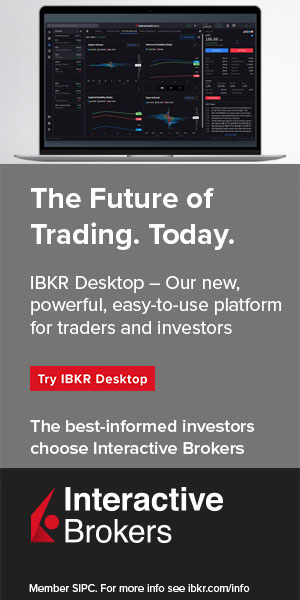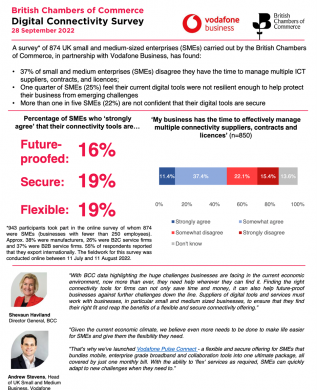It turns out that if you tell people that one painkiller costs 10p and the other £2 in tests they will, on average, say that the more expensive one is much better at getting rid of their pain. This is the case even if the compounds are identical (this has even been tested using sugar pills demonstrating a variation on the placebo effect). Similarly, if you ask people to taste-test bottles of wine after telling them the prices they will, on average, say that the £6 one is much worse than the £60 one. This is true even if the wine is identical.

While the high price = quality heuristic works well in many situations, it frequently lets us down.
That brings us to expensive shares: could it be that our in-built psychological bias against cheapness leads us away from value shares, causing a failure to benefit from the extra return value shares offer? Do people have a dislike for things that are on sale?
We can test this by examining two groups of shares, (1) the most “admired” shares because these companies have performed well on business fundamentals and shares have risen a lot on the stock market, and (2) the “despised” group, with poor past performance both in fundamentals and their shares are lying lowly priced.
For the two groups we can judge whether the admired shares get bid up too far and the despised pushed too low by imagining that we buy a bunch of each and then track performance over the next few years.
Statman, Fisher and Anginer published such a study called “Affect in a behavioural asset pricing model” in 2008. They took those companies admired by respondents to the Fortune surveys and followed their subsequent returns.
Each year Fortune asked more than 10,000 senior executives, directors and security analysts who responded to the survey to rate the ten largest companies in their industries on eight attributes of reputation, using a scale of zero (poor) to ten (excellent).
The Admired portfolio contains the stocks of the one-half of companies with the highest scores and the Despised portfolio contains the 50% stocks with the lowest scores over the period 1982 to 2005.
You can see from the table that the admired companies had “glamour” share characteristics whereas the despised tended to have value characteristics. The admired companies are indeed better companies. But if the share prices are bid up too much they might become poor investments compared with the despised companies.
Characteristics of stocks admired and despised portfolios, mean values 1982-2005
| Admired shares | Despised shares | |||||
| Returns in previous year | 22% | 11% | ||||
| Returns previous 3 years | 81% | 38% | ||||
| Returns previous 5 years | 169% | 80% | ||||
| MCap ($m) | 19 | 6 | ||||
| Earnings-to-price ratio | 0.066 | 0.079 | ||||
| Book-to-market ratio | 0.49 | 0.75 | ||||
| Cash-flow-to-sales ratio | 0.103 | 0.136 | ||||
| Sales growth (log change 2 years) | 0.101 | 0.035 | ||||
| Earnings growth (log change 2 years) | 0.127 | 0.052 | ||||
| Return on assets | 0.158 | 0.125 |
Results over the following two yea…………..To read more subscribe to my premium newsletter Deep Value Shares – click here http://newsletters.advfn.com/deepvalueshares/subscribe-1


 Hot Features
Hot Features













